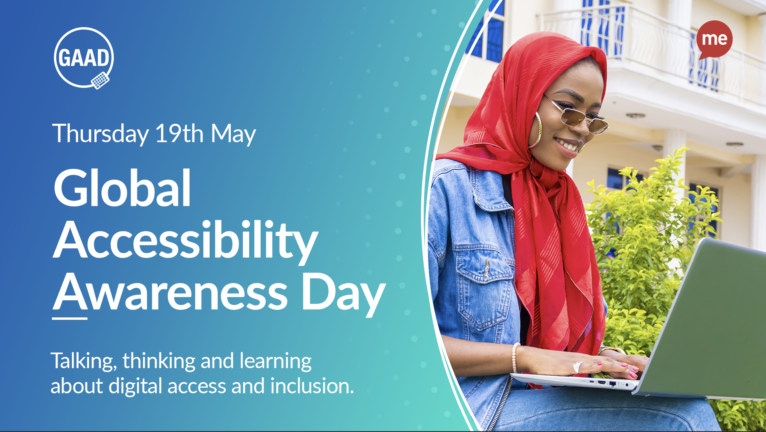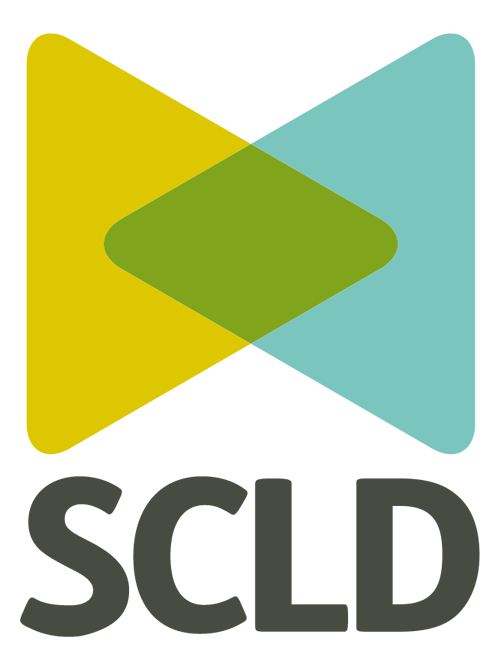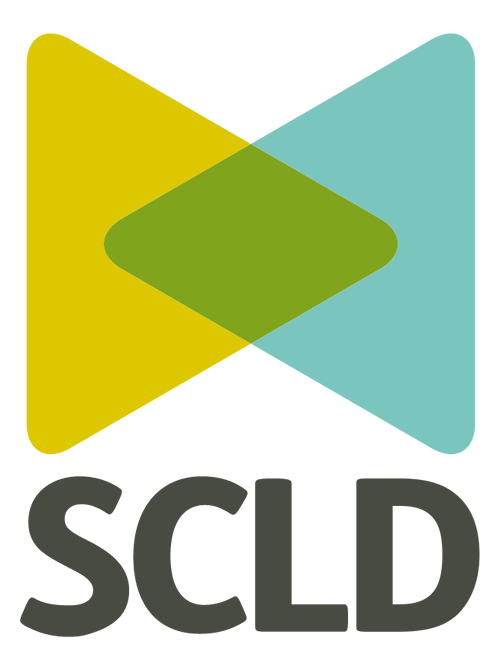
Bridging the digital gap: What the pandemic taught us
Today (Thursday 19th May) is Global Accessibility Awareness Day – the purpose of this day is get everyone talking, thinking and learning about digital access and inclusion.
The adoption of digital technologies has been so rapid, that much of our daily lives now take place online, with everything from banking to shopping, to dating and making friends now done in an almost exclusively digital place. For people with learning disabilities making the digital space accessible is as important as a wheelchair ramp is to a physical store – if the digital world isn’t built with accessibility needs in mind, then many people with learning disabilities will simply not be able to get in.
Digital exclusion is a recognised problem and there has been a lot of research done into its effects. Yet we didn’t fully realise the repercussions of digital exclusion until lockdown began in March 2020…
The picture pre-pandemic
Prior to the Coronavirus lockdown, the majority of people with a learning disability were used to in-person support and activities. People with learning disabilities already experience more marginalisation in society, due to barriers to what many would regard as basic rights, such as accessing appropriate education, healthcare and housing. When in-person contact ceased, many people became more socially isolated and marginalised than ever before and this was twofold for people with learning disabilities, many of whom were advised to shield due to an increased risk of COVID-19 in the learning disability population. These factors meant that accessing digital technology was more important for people with learning disabilities than it had ever been before.
Yet the digital infrastructure was absent; many didn’t have access to devices, or their devices didn’t support certain apps, some had experienced restrictions in their social media usage due to safeguarding issues and then there was the fundamental problem of many people struggling to access and use video conferencing software such as Zoom and Teams without support. Learning disability support services were under more pressure than they had ever been and some support staff simply didn’t have the time or the required skills to support people to engage safely online.
Changing habits
It was amid this unlikely backdrop that a revolution was born; individuals, learning disability organisations and community groups rallied as never before and suddenly, what many in the sector had been talking about for years – the need to equip the most marginalised with basic digital skills – began to happen. More surprisingly this knowledge exchange took place in the very space where many had thought it was impossible – online. Slowly but surely, through phone calls, and then video calls, through screen sharing and the writing and recording of ‘how to’ guides, some people with learning disabilities began to embrace the digital world.
Slowly but surely, through phone calls, and then video calls, through screen sharing and the writing and recording of ‘how to’ guides, some people with learning disabilities began to embrace the digital world.
At the Scottish Commission for People with Learning Disabilities (SCLD) we set up a Facebook ‘SCLD Stay in touch’ group and watched its numbers climb during lockdown (and beyond). We saw how, through support and encouragement, and the implementation of some rules and boundaries, people began to feel more comfortable and to feel safe to engage online.
Zoom was perhaps the biggest change in the habits of many people with learning disabilities over the course of the pandemic – as SCLD began to conduct all of our engagement online, we found that people with learning disabilities who would have previously struggled to attend our meetings physically, due to geographical distance, physical mobility or managing health conditions, were now regularly engaging.
This was replicated in terms of people’s social lives; Stay Up Late Scotland began hosting Zoom parties for their networks and organisations such as Dates-n-Mates and get2gether started facilitating online friendship and dating in a safe space for people with learning disabilities. Suddenly, people were able to engage on a wider level than ever before. The beginnings of a digital space (at last!) created by and for people with learning disabilities was beginning.
The ‘Our Future Leaders’ course
However this was not limited to the spheres of engagement and socialising – in March 2020 SCLD teamed up with Inspiring Scotland to launch ‘Our Future Leaders’ – a leadership course for people with learning disabilities and sponsoring organisations, which would take place wholly online.
When we started the Our Future Leaders Course we ran a pilot online, with the intention of moving future courses to at least part in-person, once COVID restrictions allowed. Everyone attending the course was new to using Zoom at that time, but we – the presenters, participants and course leads – all learned together how to raise our hands virtually and how to share our video sound.
The feedback from our pilot course participants said that doing it virtually worked well, and that the amount of time required to complete the course was much easier to manage without having to travel to meet at a venue in person. It also allowed people from the length and breadth of Scotland to participate, which would not be possible otherwise. We have had graduates from Aberdeen and the Highlands, as well as from Dumfries and the Scottish Borders, which would be unlikely were travel required.
By the second time we ran the course, we had learned how to use breakout rooms which was really welcomed by some of the participants. We even hosted a virtual graduation party with DJs; the course leads were getting the hang of chair-dancing! Some of our graduates have taken to Zoom with very few problems, but others do need support in the room with them; the course requires someone to sign up as a sponsor to support them and this is one of the reasons we have implemented this requirement.
With an educational course intended for a group, you can’t always meet everyone’s individual needs, but we have tried to think about what people with a variety of experience and abilities would need to be able to complete the course alongside each other, and in-person support from someone who can help them with the technology is definitely needed, at least initially, for people with learning disabilities to learn and feel confident using digital platforms.
Of course there are some people with Profound and Multiple Learning Disabilities (PMLD) who need additional support to engage online, due to the nature of their learning disabilities. This does not mean however, that online engagement can’t be a successful and enjoyable communication method for them, provided, as with the Our Future Leaders course, that in-person support is in place. Organisations such as PAMIS have been using online platforms to engage creatively with the people they support – hosting online sensory story sessions and art and music therapy.
The future
There is a long way to go until we have a truly accessible digital world; however one good thing to come from the difficult time we all experienced during the pandemic, is that many people with learning disabilities have taken a digital leap forward.
Libby Clement (Digital Communications Adviser) and Catriona Rowley (Participation & Partnerships Adviser) SCLD
Notes
- This blog post is done to mark Global Accessibility Awareness Day, in partnership with Recite Me, a company providing accessibility software with the aim of making websites accessible for people with a variety of web accessibility needs. Check our Recite Me accessible web toolbar (top left on the SCLD homepage).
- The next ‘Our Future Leaders’ course will open for applications soon, so please keep an eye on the SCLD website, social media channels and eFocus newsletter for the latest news.


